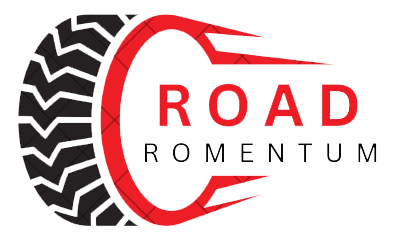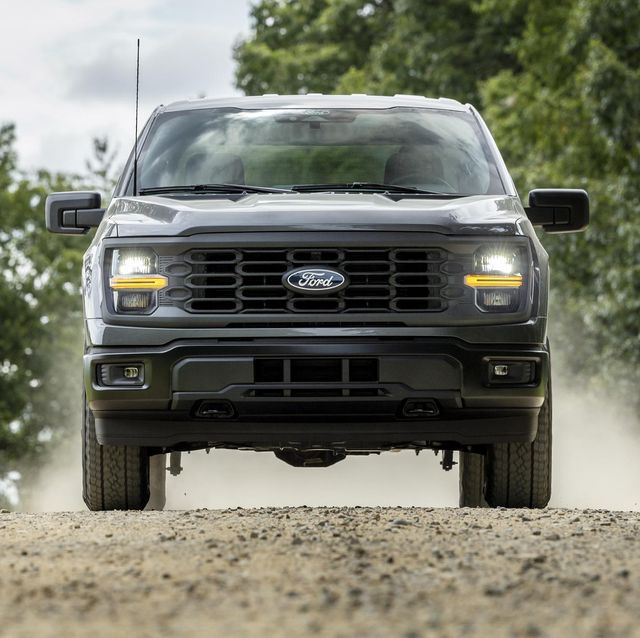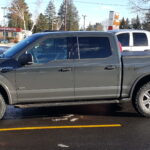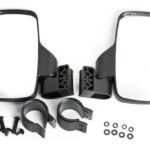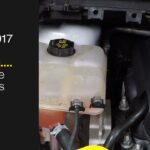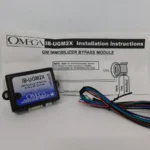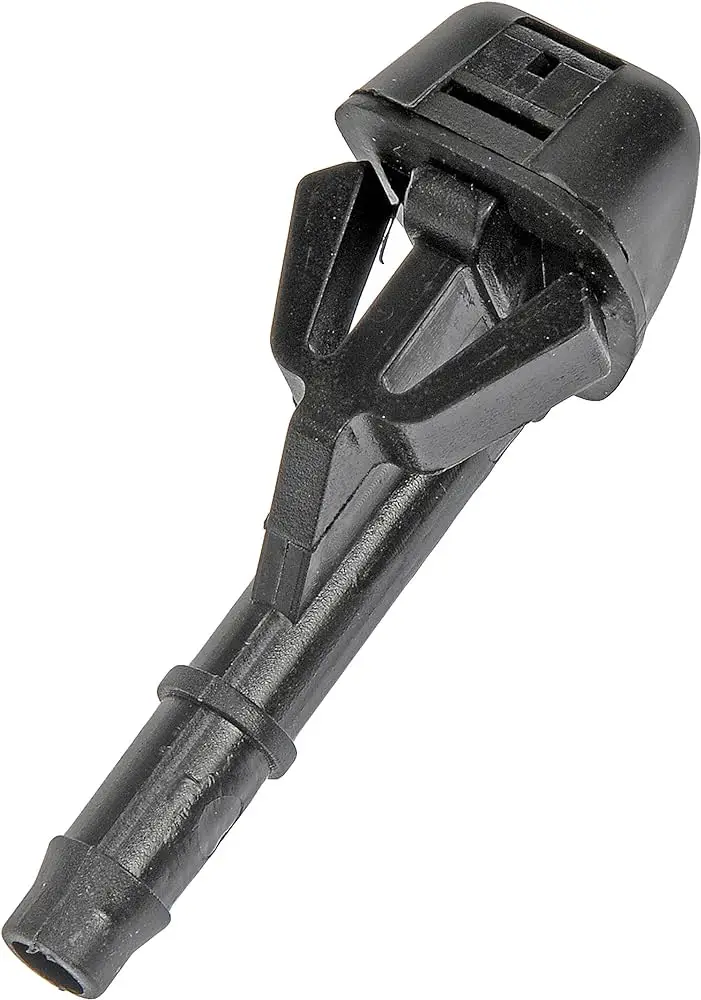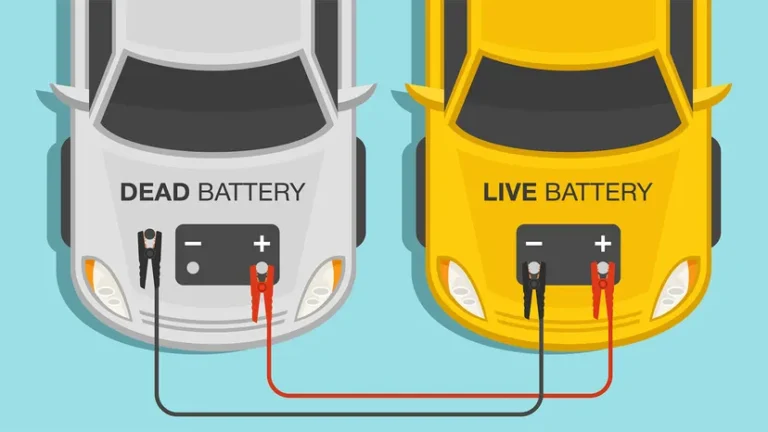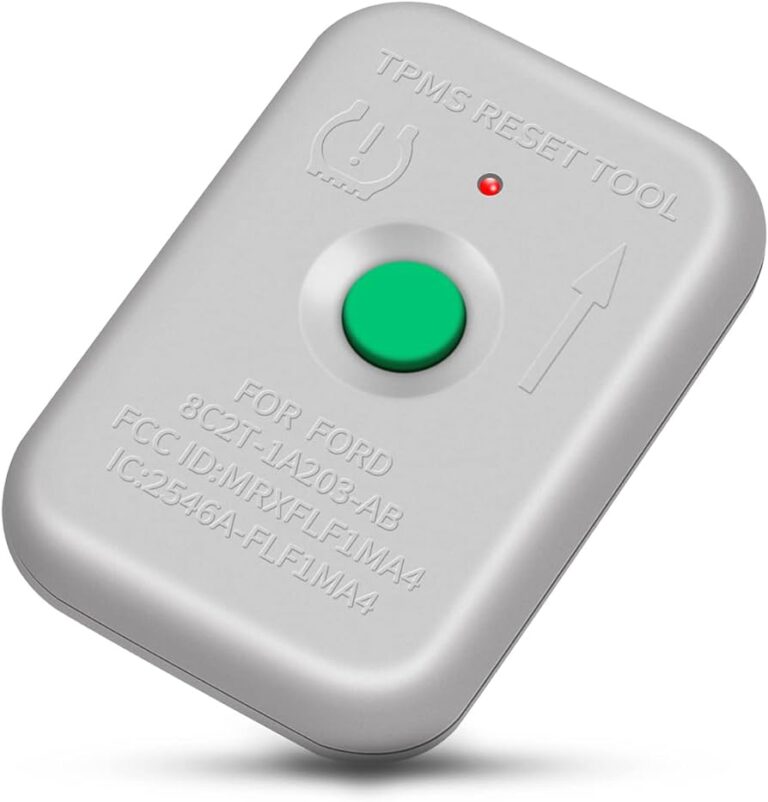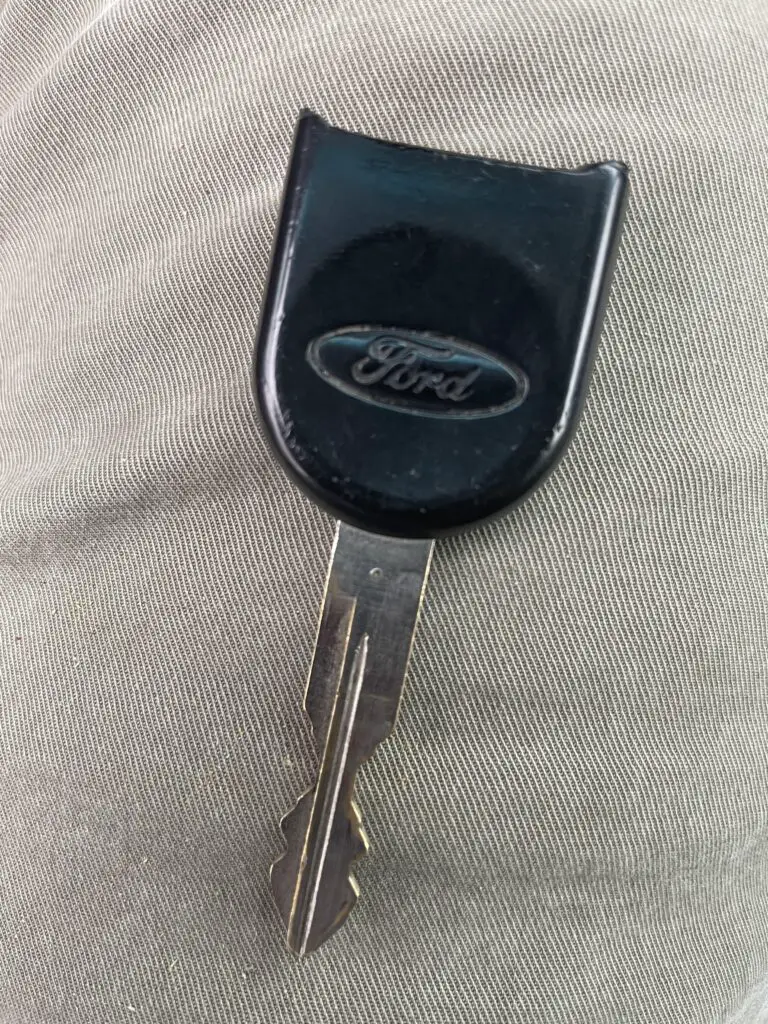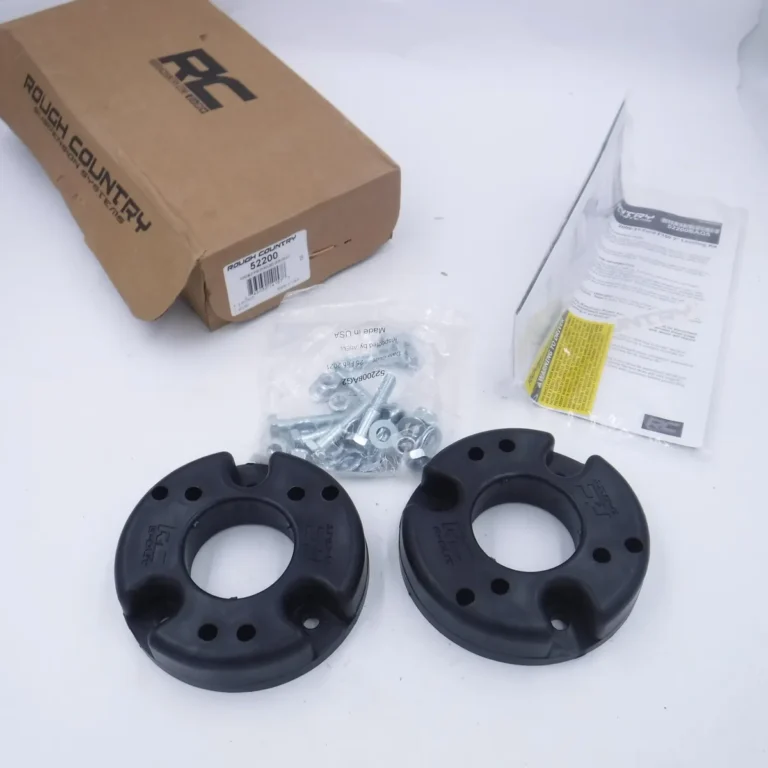What Would Cause a Ford F150 to Not Start: Common Reasons Unveiled
A bad crankshaft position sensor is a common cause of a Ford F150 not starting. This can be caused by ignition issues, battery issues, starter failure, engine timing, and battery charge issues.
If your car won’t start, it could be due to a weak battery, a busted starter, faulty electrical connections, or bad spark plugs.
Common Reasons For A Ford F150 Not Starting
There are several common reasons why a Ford F150 might not start. In this section, we will explore three of the most common causes: crankshaft position sensor failure, ignition issues, and battery and starter failure.
Crankshaft Position Sensor Failure
One common cause of a crank/no-start condition is a bad crankshaft position sensor. The crankshaft position sensor is responsible for detecting the position and speed of the crankshaft, which is crucial for the ignition system to operate properly. If the computer doesn’t receive a signal from this sensor, it may not send the necessary spark to start the engine. This can result in the engine cranking but not starting.
Ignition Issues
Another common reason for a Ford F150 not starting is ignition issues. The ignition system is responsible for creating and delivering the spark necessary to ignite the fuel in the engine cylinders. If there is a problem with the ignition system, such as a faulty ignition switch, damaged ignition coil, or worn-out spark plugs, the engine may not start. Ignition issues can cause a range of symptoms, including difficulty starting the engine, engine misfires, and rough idling.
Battery And Starter Failure
The battery and starter are essential components for starting the engine. If the battery is weak or dead, it may not provide enough power to the starter motor to turn the engine over. This can result in a no-start condition. Similarly, if the starter motor is faulty or worn out, it may not engage or spin fast enough to start the engine. A clicking sound when turning the key or a grinding noise during starting can indicate a problem with the starter. Regular battery maintenance and periodic inspection of the starter motor can help prevent these issues.
In summary, crankshaft position sensor failure, ignition issues, and battery and starter failure are common reasons why a Ford F150 may not start. Proper maintenance and prompt troubleshooting can help identify and resolve these problems, ensuring reliable starting and overall vehicle performance.

Credit: media.ford.com
Diagnosing A Ford F150 Not Starting Issue
When diagnosing a Ford F150 not starting issue, several factors could cause the problem. These include a faulty ignition switch, PCM test failure, battery issues, starter failure, or a weak battery. It’s essential to inspect these components to determine the exact reason for the vehicle not starting.
One of the most frustrating situations for any vehicle owner is when their car won’t start. This is especially true when it comes to the Ford F150, a reliable and powerful truck that is known for its dependability. However, there are several factors that can cause a Ford F150 to not start. In this post, we will focus on diagnosing the issue and discuss three key areas to check: the crankshaft position sensor, ignition components, and the battery and starter.Testing The Crankshaft Position Sensor
The crankshaft position sensor plays a crucial role in the ignition system of your Ford F150. It provides the engine control module (ECM) with information about the position and speed of the crankshaft. If this sensor is faulty or not functioning properly, your truck may experience a no-start issue. To test the crankshaft position sensor, follow these steps:- Disconnect the electrical connector from the sensor.
- Using a digital multimeter, measure the resistance between the sensor terminals.
- Compare the resistance reading with the specifications provided by the manufacturer.
- If the resistance is out of range, replace the faulty sensor.
Checking Ignition Components
The ignition system of your Ford F150 is responsible for creating the spark that ignites the air-fuel mixture in the cylinders. If any of the ignition components are faulty, it can prevent your truck from starting. Here are the key ignition components to check:- Spark Plugs: Inspect the spark plugs for signs of wear or damage. Replace any worn-out or fouled plugs.
- Ignition Coils: Test the ignition coils using a spark tester. Ensure that each coil is producing a strong, consistent spark.
- Distributor Cap and Rotor: Examine the distributor cap and rotor for cracks, carbon tracking, or other signs of damage. Replace if necessary.
Inspecting The Battery And Starter
The battery and starter are crucial components of your Ford F150’s starting system. If either of these components is faulty, your truck may not start. Follow these steps to inspect the battery and starter:- Check the battery voltage using a digital multimeter. The voltage should be around 12.6 volts or higher. If it is significantly lower, recharge or replace the battery.
- Inspect the battery terminals for corrosion or loose connections. Clean the terminals and tighten any loose connections.
- Test the starter using a starter testing tool or by performing a voltage drop test. If the starter does not engage or is not receiving proper voltage, it may need to be replaced.
Common Solutions For A Ford F150 Not Starting
One common cause for a Ford F150 not starting could be a faulty crankshaft position sensor, which can result in a crank/no-start condition. Other potential causes include ignition issues, battery problems, starter failure, engine timing issues, and low battery charge.
Replacing The Crankshaft Position Sensor
One common cause of a Ford F150 not starting is a faulty crankshaft position sensor. This sensor is responsible for sending a signal to the computer, allowing it to determine the position of the crankshaft. If the computer doesn’t receive a signal from the sensor, it may prevent the engine from starting. Replacing the crankshaft position sensor can often resolve this issue and get your F150 back on the road.Addressing Ignition Issues
Another possible culprit behind a Ford F150 not starting is ignition issues. Problems with the ignition switch or the ignition system can prevent the engine from turning over. In order to address these issues, it may be necessary to inspect and test the ignition switch, the spark plugs, and the ignition coils. If any components are found to be faulty, they should be repaired or replaced to restore proper ignition and enable the engine to start.Repairing Or Replacing The Battery And Starter
A weak or dead battery can also cause a Ford F150 to not start. If the battery doesn’t have enough power to crank the engine, the vehicle may fail to start. In addition, a faulty starter can prevent the engine from turning over, even with a fully charged battery. To determine if the battery or starter is the issue, it’s important to test both components. If the battery is the problem, it may need to be recharged or replaced. If the starter is faulty, it should be repaired or replaced to get the engine up and running again. In conclusion, a Ford F150 not starting can be attributed to various factors, including a bad crankshaft position sensor, ignition issues, and battery and starter problems. By replacing the crankshaft position sensor, addressing ignition issues, and repairing or replacing the battery and starter, you can increase your chances of getting your Ford F150 to start successfully.Credit: www.businessinsider.com

Credit: www.marketwatch.com
Frequently Asked Questions On What Would Cause A Ford F150 To Not Start
Why Wont My Ford F-150 Start Just Clicks?
One possible reason why your Ford F-150 won’t start and just clicks is a bad crankshaft position sensor. This sensor sends a signal to the computer, and if it’s not working properly, the computer won’t start the engine. Other possible causes include ignition issues, battery problems, starter failure, engine timing, and battery charge issues.
Where Is The Fuel Pump Reset Switch On A Ford F-150?
The fuel pump reset switch on a Ford F-150 is usually located in the passenger compartment behind the kick panel on the right side.
How Do I Reset My F150?
To reset your F150, you can try the following steps: 1. Turn off the engine and remove the key from the ignition. 2. Disconnect the negative terminal of the battery for a few minutes. 3. Reconnect the negative terminal of the battery.
4. Start the engine and check if the reset was successful.
Where Is The Starter Relay On A Ford F-150?
The starter relay on a Ford F-150 can be found in the engine compartment.
Conclusion
To troubleshoot a Ford F150 that won’t start, it’s important to consider various possibilities. From a faulty crankshaft position sensor to ignition issues, battery failure, or even timing problems, several factors can contribute to the problem. It’s crucial to inspect the battery, check the starter, and ensure proper electrical connections.
By diagnosing and addressing the root cause, you can successfully resolve the issue and get your Ford F150 running smoothly again. Remember to reach out to a professional if needed for further assistance.
